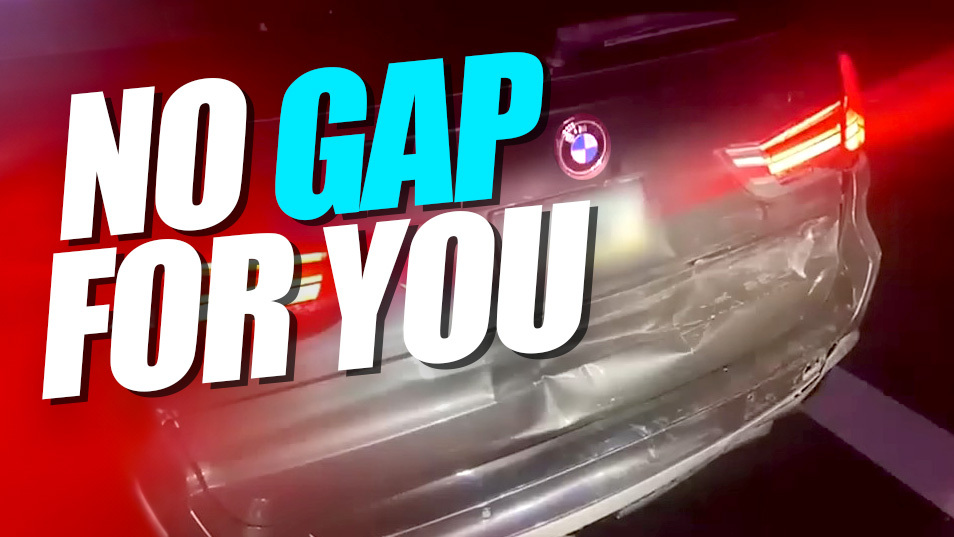- A man in Arizona says that his gap insurance denied his claim due to a 60-cent clerical error during the initial purchase.
- If he doesn’t get relief, he’ll have to pay the $18,651 he still owes on his now-totaled vehicle.
- At this stage, it appears as though the company is relenting after media pressure.
When you buy a car, it starts losing value the moment you drive it off the lot. This is called depreciation. Standard car insurance, like collision and comprehensive coverage, will pay you the car’s current market value if it’s totaled in an accident or stolen. But what happens if you still owe more on your loan than the car’s worth? That’s where gap insurance comes in.
Gap insurance acts as a financial safety net. It covers the difference, or “gap,” between the amount your standard car insurance pays for a totaled vehicle and the outstanding balance on your loan or lease. This can be a significant amount, especially if you made a low down payment or financed your car for a long term.
More: 1 In 5 Crashed Cars Now Totaled By Insurance Firms, ADAS Partly To Blame
Unfortunately, Manny Munoz, who purchased his BMW during the pandemic’s peak, learned this the hard way. When his SUV was recently declared a total loss, he expected his gap coverage to kick in. However, a seemingly minor 60-cent clerical error made by the dealer at the time of sale resulted in his claim being denied.
Munoz says that he bought the car, a BMW X5 SUV, in 2020 for $60,517.86. Evidently, when his credit union sent the dealer a check for the car, the amount was for $60,517.26 and nobody caught the error until seven months ago. That’s when he was rear-ended by another motorist. Despite what looks like very minimal damage, the insurance company wrote it off.
It then cut him a check for $26,709, the value of the vehicle at the time of the crash. Sadly for Munoz, he still owed $45,360, meaning that he was still short $18,651. That’s where the gap insurance was supposed to come in and cover the rest. When it noticed the discrepancy in the original payment, it turned him down, he told AZFamily.
Thankfully, it currently appears as though there might be a happy resolution. After AZFamily got involved, Munoz reports notices from Safe-Guard now indicating, for the first time, that his claim is now “being processed.” As of this writing, he still doesn’t have a check in hand, over half a year later.
There’s no telling when something as tiny as 60 cents can mean being covered and being potentially tens of thousands of dollars in debt. Here’s to hoping that Safe-Guard actually follows through on its end.




